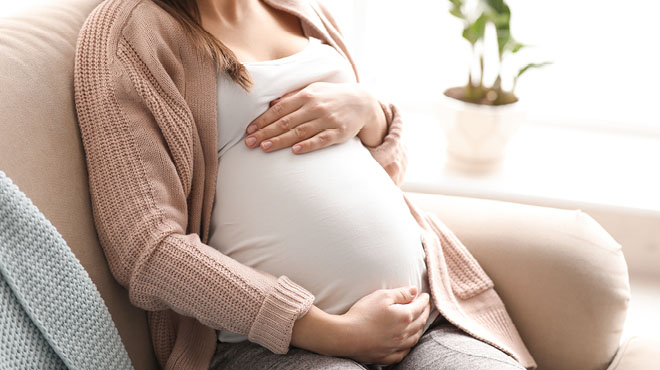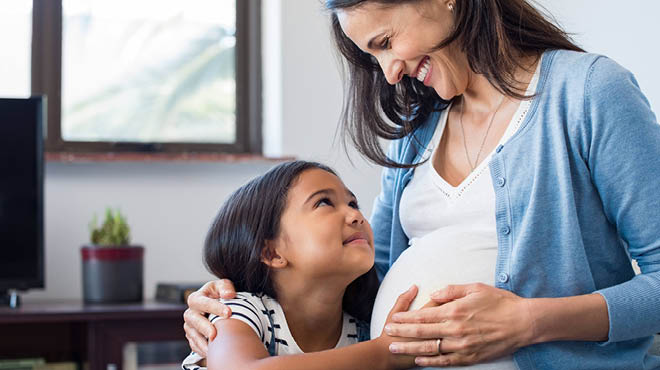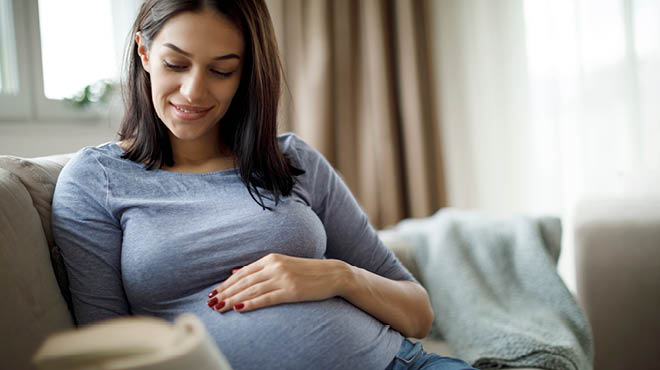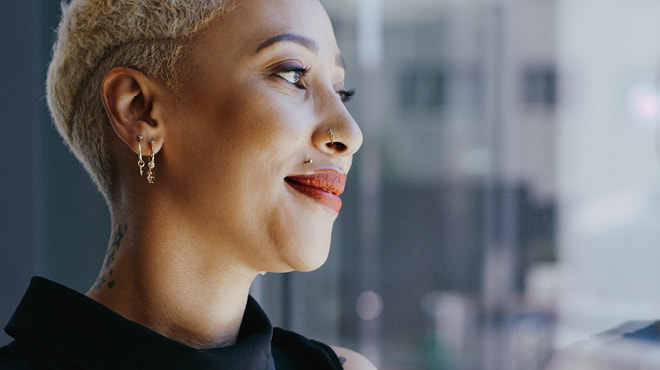Recent Posts
Caring for newborns during the COVID-19 pandemic

You have waited nine months for your newborn to arrive. You ate well, took prenatal vitamins, attended appointments and did your best to keep yourself healthy. Now that your baby has arrived, how do you keep him or her healthy during the COVID-19 pandemic?
This Q&A will help parents navigate ever-changing safety concerns:
Q. How can parents protect newborns once they go home?
A. While many new mothers are excited to introduce their new baby to family members, physical distancing remains the best strategy for limiting the risk of infection for their new babies. This means that people who do not live with you should not come see your baby until the COVID-19 pandemic has resolved. Use social media or video applications, such as FaceTime, Skype and Zoom, to connect with friends and family members who do not live with you to introduce your baby. All caretakers and siblings should wash their hands frequently and take special care to wash hands before touching newborns. They also should wear a mask when holding the baby. The baby should only be around people who live in the house and are asymptomatic. If someone has COVID-19 symptoms, isolate that person from the baby and family as much as possible. Overall, avoid taking the baby out of the house to prevent exposing the baby to the virus. Take advantage of online shopping and grocery pickup.
Q. Is the COVID-19 vaccine safe for breastfeeding women?
A. On Dec. 12, 2020, the Pfizer BioNTech vaccine received emergency use authorization from the Food and Drug Administration, including authorization to vaccinate pregnant and breastfeeding women. The U.S. Advisory Committee on Immunization Practices recommends with the Pfizer BioNTech vaccine that these patients discuss vaccination with their health care providers. They should discuss the benefits and risks, and consider what is known and what is not known to make an informed decision with the expectation that many would proceed with vaccination. Get more information about COVID-19 vaccines.
Q. If mom gets COVID-19 and she's breastfeeding, will it transfer to the baby?
A. Breastfeeding has not been linked to transmission of COVID-19. However, there have been limited studies. At this time, the virus has been not been detected in breast milk. This does not mean that it isn't possible. There just isn't sufficient evidence available at this time to be certain.
Q. If mom has COVID-19, what can she do to keep the baby safe while breastfeeding?
A. There is no way to avoid how close mom and her baby must be to breastfeed. However, COVID-19 is spread through respiratory droplets that can easily be transmitted from a mother to her baby during breastfeeding. Moms who have confirmed COVID-19 respiratory symptoms, are suspicious for COVID-19 or are awaiting COVID-19 test results should take precautions to prevent spreading it to the baby through respiratory droplets. This includes washing hands prior to touching the baby and wearing a face mask while breastfeeding. If mom is pumping or hand-expressing milk, she should wash her hands prior to touching any bottles or pump parts. Someone who is not sick can then feed the baby.
There may be instances in which mom and her baby must be separated, such as when babies require neonatal intensive care or special care services. In this event, it is recommended that moms continue to pump or hand-express milk.
Get tips about returning to work after maternity leave.
Laura Ambler, D.O., is an OB-GYN in Eau Claire, Wisconsin.
This post was updated on Feb. 3, 2021, to reflect new recommendations. The information is accurate at the time of its posting. Due to the fluid nature of the COVID-19 pandemic, scientific understanding, along with guidelines and recommendations, may have changed since the original publication date in May 2020.




